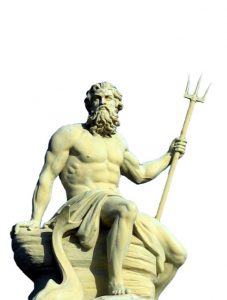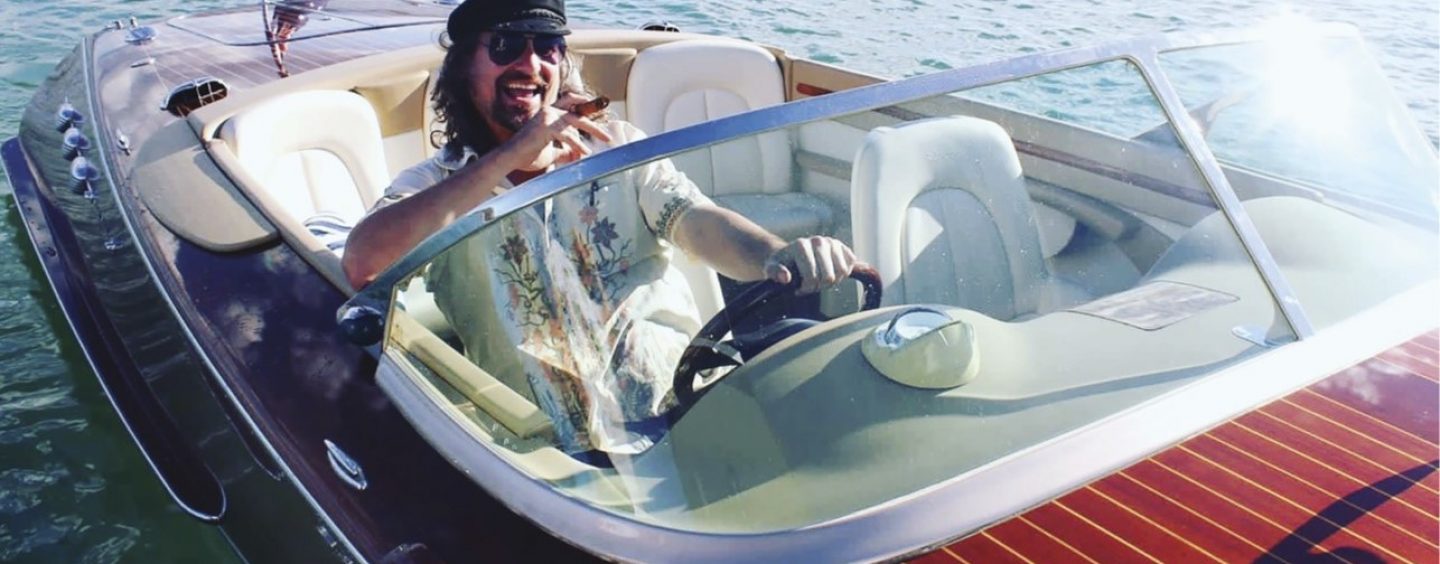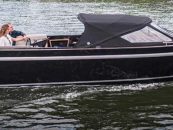It is intriguing to observe that many of the superstitions upheld during the early days of maritime exploration continue to influence present-day seafarers. While the origins behind these superstitions may not align with modern sea life, the unpredictable and merciless nature of the ocean leaves little room for taking chances.
For instance, carrying bananas on board a ship has long been considered bad luck, particularly due to the South Atlantic Ocean activities of the Spanish. During the bustling era of maritime history, numerous ships transporting bananas and other goods sank. Sailors swiftly attributed these unfortunate incidents to the association between these ships and their common cargo. In reality, bananas were exotic fruits grown in tropical climates and were in high demand at the time. The narrow timeframe within which this precious cargo needed to reach port before spoiling meant that only the fastest ships were relied upon for this task. Consequently, captains of these ships, aware of the perishable fruit’s vulnerability, rushed their voyages, taking greater risks and shortcuts that increased the sinking rate of such vessels.
Sailors have long avoided setting sail on Fridays, a superstition dating back to biblical times when Jesus was crucified on a Friday. A story circulates about a ship called the ‘HMS Friday,’ supposedly commissioned by the Royal Navy in the 19th century to disprove the ‘Friday’ myth. The keel of the HMS Friday was laid on a Friday, and the captaincy was entrusted to a man named James Friday, while its maiden voyage embarked on… you guessed it, a Friday. Unfortunately, the ship and its crew vanished without a trace. Interestingly, no naval records provide evidence of a vessel named the HMS Friday, deepening the mystery. Thursdays are also regarded as unfavorable for sailing due to the association with Thor’s Day, named after the Norse god of thunder, Thor. Nevertheless, these traditions persist today, although more often in reverse, as numerous modern-day sailors defiantly attempt to debunk these beliefs.
Changing the name of a boat is considered the gravest of sins in the sailing world. Since the advent of maritime exploration, it has been believed that a named ship possesses a character, one that may change or resent having its name altered irresponsibly. It was thought that every named ship is recorded in a ledger by Poseidon (known as Neptune in Roman mythology), the God of the Sea, and that the only way to change a boat’s name is to eliminate all evidence of its previous name. This entails inscribing the old name on a piece of metal and casting it into the sea as a sacrificial offering. Only then can the boat be renamed.
 Although few people today genuinely believe in Poseidon’s influence, stories circulate about ill-fated ships that were renamed, leading many ship owners to either refrain from renaming their vessels or adhere to the proper procedure out of respect for the boat and its past owners.
Although few people today genuinely believe in Poseidon’s influence, stories circulate about ill-fated ships that were renamed, leading many ship owners to either refrain from renaming their vessels or adhere to the proper procedure out of respect for the boat and its past owners.
The reasons for upholding these traditions may have evolved over the years, but they serve as a haunting reminder that, despite our knowledge of the sea, advancements in weather prediction, and technological capabilities, we remain as vulnerable as ever, subject to the mercy of the ocean. In life and death situations, we seek all the assistance available, even if it only provides solace and peace of mind.
Neptune, the Roman name for the Greek god Poseidon, was renowned for his volatile temperament. He was associated with the sea and earthquakes, with storms and seismic activities serving as manifestations of his furious rage.
Published in print July-September 2023



























